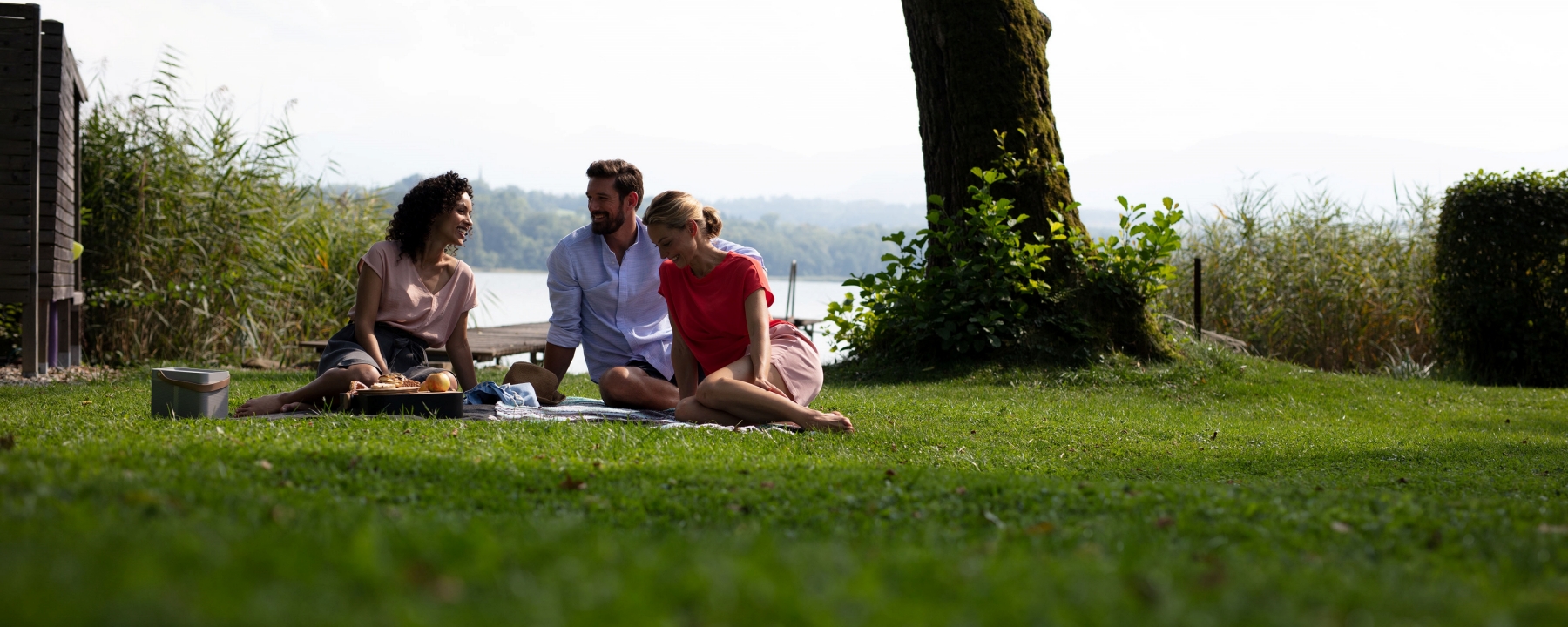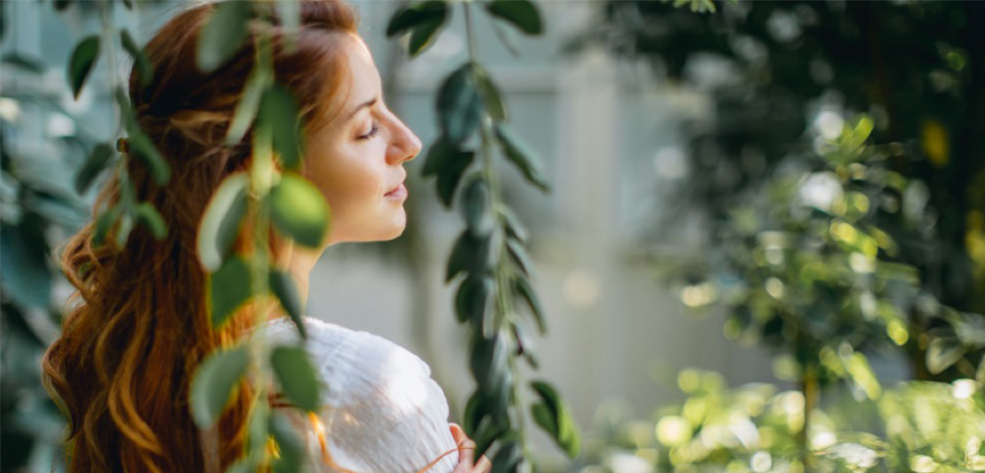
Trends & research
Hygge: The Danish concept of happiness
Who burns the most candles in Europe? The Danes. Especially during long winter evenings, candles and tea lights are lit by the millions and create a very intimate, cozy atmosphere.
The "Hygge" phenomenon is seeing a surge of interest outside of Denmark. And it's much more than just creating a warm atmosphere by burning candles during the long and dark winter season. Instead, it’s a way of life. It’s the Danes' recipe for happiness in their daily life. And somehow it seems to be working, because if you believe the United Nations' World Happiness Report, Denmark is the happiest country in the world. Incidentally, other locations listed in the ranking include the other Scandinavian countries.
There is no direct equivalent for the word Hygge in the English language. Usually the word is translated into coziness. But this is only partially true, because Hygge is a way of life and is part of the DNA of Danish tradition. Hygge is now even part of Denmark's official cultural heritage, along with values such as freedom and equality.
Slowing it all down…
“Slowing down” once in a while with mindful application of skin treatments can be one simple way to contribute to physical and mental health, essential to compensate for our busy daily lives.
SKIN-TO-SOUL CAREIt's about all the many happy moments we encounter every day. Experiencing Hygge happens when you focus on the beautiful and positive, enjoy the moment, do something good for yourself and others. This can be a picnic by the lake, a bike tour through nature, or even enjoying putting on a homemade face cream since face care is fun. Take care of yourself. Enjoy yourself. Do something special for yourself.
Enjoy a wellness day with good friends. Go to the sauna together. Dye your hair or paint your nails. Hygge is good for you. And of course, don’t forget the warm, candlelit dinner with friends on a dark, cold winter evening.
The “we-feeling” is the focus
Danish cafés and furniture stores are increasingly conquering our cities. But Hygge does not focus on materialism. Its focus is on mindfulness. It’s about appreciating the things that make life beautiful and worth living. And it is, which is also very important, about personal relationships with people close to you, friends, neighbors, and colleagues.
Lifestyle books about this cozy Hygge feeling and what you need to get it now fill the shelves at bookstores. Meik Wiking describes it very clear and with credibility in his publication "Hygge - an attitude to life that simply makes you happy". Wiking should know: he is a happiness researcher and the Head of the Institute for Happiness Research in Copenhagen. Yes, there is really something like that in Denmark.
The “we-feeling” is the focus of the Hygge philosophy, writes Wiking. Experiencing community influences the happy effect especially when emotionally connected people share beautiful experiences. The Hygge culture has the potential to be an alternative to modern societies, which are losing their social cohesion because of self-interest and growing selfishness, and their sense of community is being lost. Hygge reminds us of what we are by nature: social beings that thrive best when we feel safe in a community we trust.

